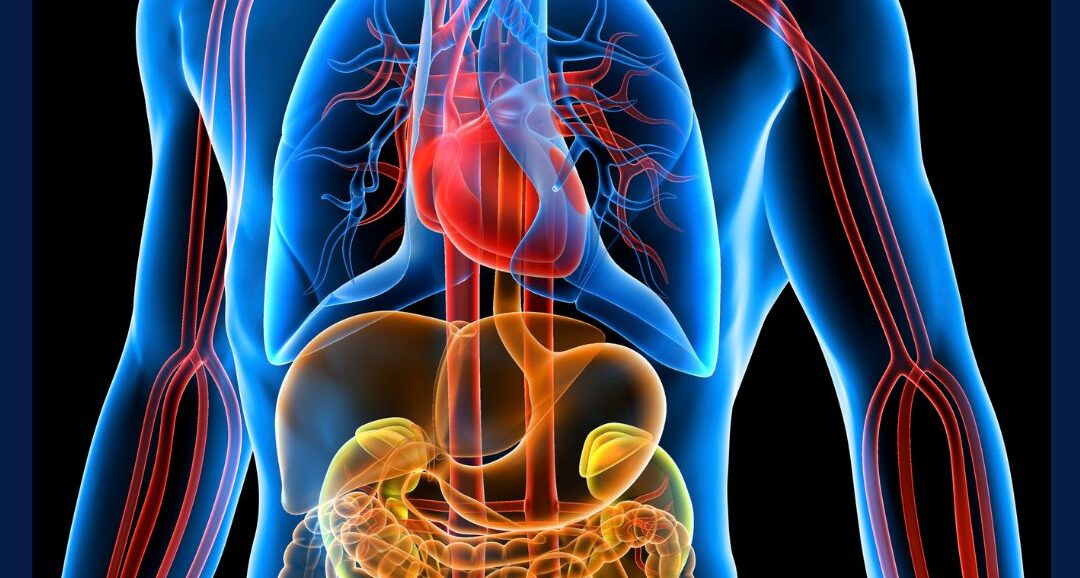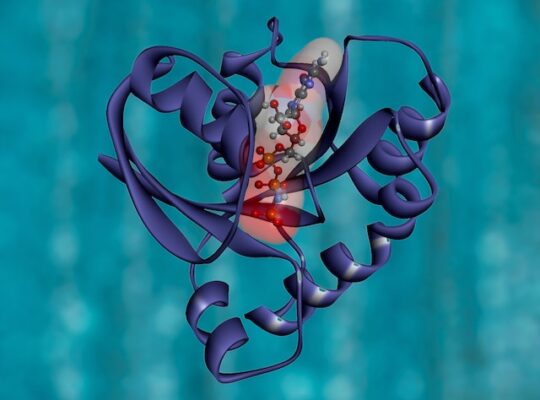Sugar Addiction – At this moment in time SUGAR is not medically recognised as an addictive substance. However, it was not that long ago that it was legal to promote cigarettes as the habit of the slim and cool kids either.
Unfortunately, the stark truth is that the foods that we think taste so good, have more in common with poison than they do with nutrition.
The reason that we need to eat is to nurture our body. In the words of Professor Robert Lustig the real need of food is to “feed the gut, protect the liver and support the brain.”

If the items that you are consuming, do none of those things, and indeed actively stop your body’s systems and organs from functioning, then these processed foods are more aligned to poisons, and it is incredulous that 70% of our supermarkets are full of them.
The gut houses most of your immune system. The liver removes the toxins from your blood. Your brain……well if you don’t understand the importance and function of your brain, maybe your over consumption of sugar has already started affecting you?

When you think of sugar addiction, you may immediately may think of sweets and cake, and therefore sell yourself the white lie that “I don’t eat a lot of sugar.” However, if you popped the “healthy” yoghurt or cereal that you start the day on, or the brown bread sandwich and dinner time pasta or bolognaise in a nutritional database tool like my fitness pal, you may be gobsmacked to find out that you are over consuming sugar in the extreme.
The liver can only metabolise fructose which is present in fruits, and other sugars to a very small extent. The recommended daily dose is NO MORE THAN 25g SUGAR.
When you consume other sugar sources this leads to storage of fats INSIDE the liver which increases the chance of FATTY LIVER and INSULIN RESISTANCE.
The body creates inflammatory chemicals when you consume too much sugar daily. When the liver becomes scarred, fatty or inflammatory it is unable to digest and eliminate toxins from our bodies. It also causes obesity.
Here are some great tips to help you work towards cutting your sugar consumption and overcoming sugar addiction:
- Track your sugar intake: Use a food diary or app to become aware of how much added sugar you consume daily. Identify hidden sources like processed foods, condiments, and sugary drinks.
- Learn about sugar’s impact: Educate yourself about the negative effects of excessive sugar intake on your health, including weight gain, increased risk of chronic diseases, and energy crashes.
- Set realistic goals: Start with small, achievable goals like reducing sugary drinks or cutting back on added sugar in your coffee/tea. Aim for gradual progress over complete deprivation.
- Seek support: Talk to a health coach for guidance and support throughout your health reset coaching program.
- Focus on whole foods: Prioritize fruits, vegetables, whole grains, and lean protein sources in your diet. These foods offer essential nutrients and keep you feeling fuller for longer, reducing sugar cravings.
- Read food labels: You will be amazed by how much sugar is in everything these days.

Awareness and education are really great places to start if you are wanting to lose the unhealthy weight that you are carrying on your body. Be brave and start looking into just what happens when sugar consumption becomes too excessive and turns to sugar addiction.
From the health of your eyes, to the blood vessels that supply your nerves, the damage that we are all doing to ourselves by over consuming sugar, is terrifying, and, until we have legislation and laws – all that we have is ourselves, and the likes of me banging on about it with a lot of passion and love. x







